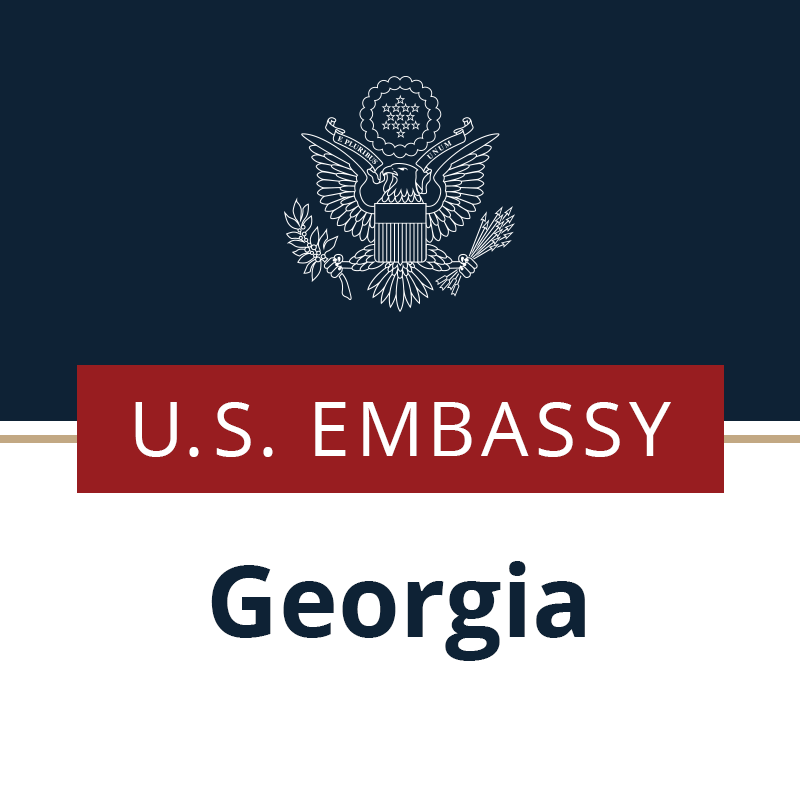“We condemn today’s violent attacks on the civic activists, community members and journalists, as well as the failure of the government leaders and religious officials to condemn this violence,” reads a joint statement of the Embassies of Austria, Bulgaria, Estonia, the European Union Monitoring Mission, Finland, France, Germany, Greece, Ireland, Israel, Italy, Latvia, Lithuania, the Netherlands, Norway, Spain, Sweden, United Kingdom, UN system in Georgia, the United States, and the EU Delegation to Georgia.
According to the statement, “those who incite or threaten violence or commit violent acts are interfering with the efforts of Georgia’s law enforcement professionals to uphold a safe and secure environment.”
“They should be prosecuted to the full extent of the law. We call on all Georgia’s leaders and law enforcement to act swiftly to protect those exercising their Constitutional rights to freedom of expression and assembly, to protect journalists exercising freedom of the press, and to publicly condemn violence.
Participation in peaceful gatherings is a human right guaranteed by Georgia’s Constitution. Violence is simply unacceptable and cannot be excused,” the statement reads.
Members of the ultranationalist groups rallied on Rustaveli avenue hours before the Tbilisi Pride march. They aggressively thwarted reporters to do their work. Georgian Public Broadcaster’s First Channel cameraman Ilia Tvaliashvili was injured during the protest.
The anti-Pride rally participants gathered at Kashveti Church to attend prayer service announced by the Patriarchate “after the parishioners’ plea.” The Georgian Patriarchate echoed the Tbilisi Pride Week on June 29 and has urged the population to gather at Kashveti Church and show the world that any attempt to degenerate Georgian people is utterly unacceptable.
The tension mounted as anti-Pride protesters stormed the Pride office on Akhvlediani Street in downtown Tbilisi. Rioters hiked up the second-floor balcony of the building as the police blocked the main door. They removed the LGBTQ Pride colours, burnt them and hang the Georgian national flag.
Georgian Interior Ministry (MIA) urged Tbilisi Pride Week organizers to cancel the March of Dignity since various protesting groups were holding counter-rallies on Rustaveli avenue. MIA reported on increased security risks.
Georgian Prime Minister Irakli Garibashvili also echoed the march, saying that “it is inappropriate as it poses a threat of civil strife.”
Tbilisi Pride Week kicked off on July 1.
